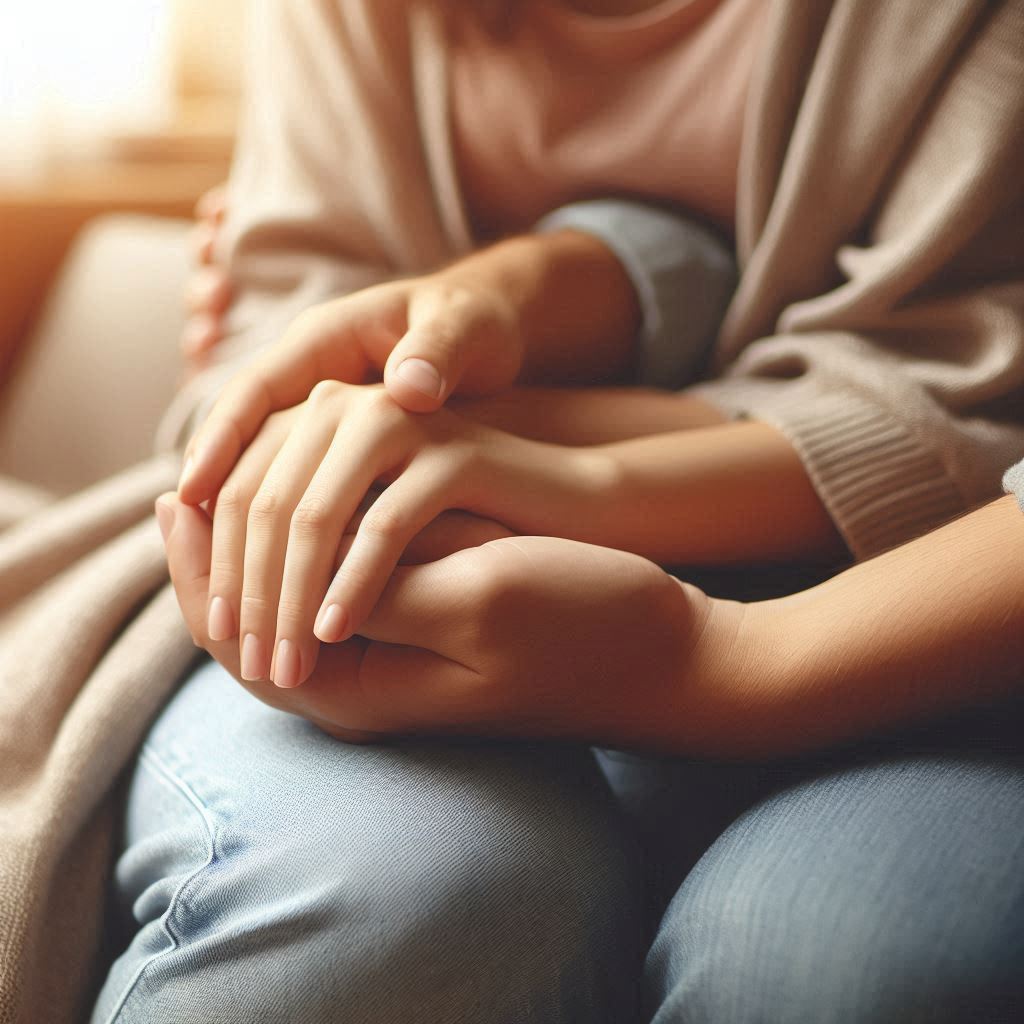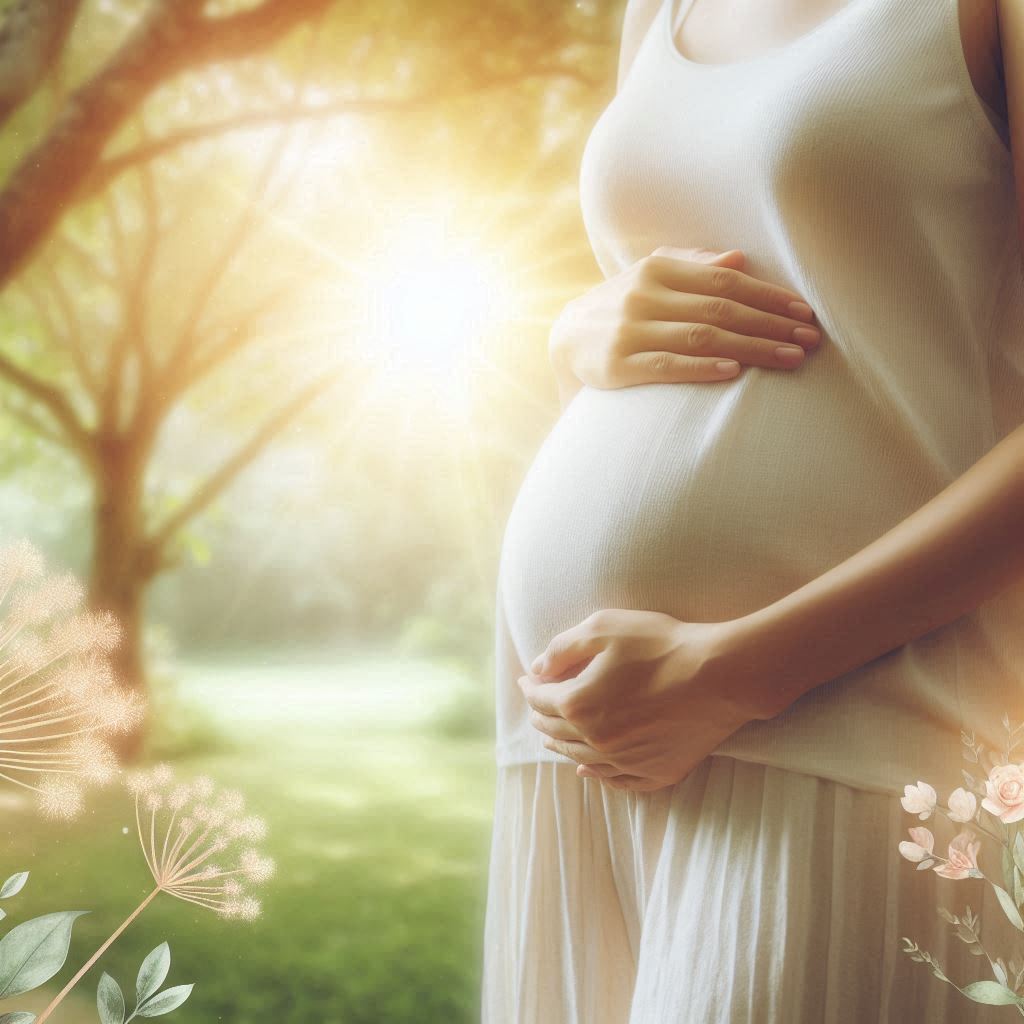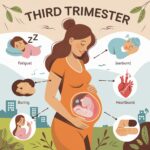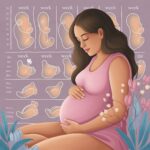Experiencing a pregnancy loss often brings up many questions about future fertility. While it’s entirely possible to conceive after a miscarriage—sometimes even within a few weeks—the emotional and physical healing process can take a bit longer.
Take comfort in knowing that if you’re ready to try again, the odds are in your favor to have a healthy pregnancy. “For individuals who have experienced just one miscarriage, their chances of having a successful pregnancy moving forward are comparable to anyone else’s,” says Dr. Jani Jensen, a reproductive endocrinologist and assistant professor at the Mayo Clinic in Rochester, Minnesota.
So, how soon after a miscarriage can you conceive, and is there an optimal time to start trying again? Are the risks of complications higher after experiencing a loss? We consulted experts to provide answers to these important questions regarding pregnancy after miscarriage.

When Can You Have Sex After a Miscarriage?
The timing for when you can resume sexual activity after a miscarriage largely depends on how your body is healing. In many cases, the body naturally completes the miscarriage process, but sometimes medication or a procedure called dilation and curettage (D&C) is necessary to remove remaining tissue from the uterus.
Your OB-GYN will likely schedule a follow-up appointment around two weeks after the miscarriage to check your recovery, says Dr. Angela Chaudhari, a gynecologic surgeon and assistant professor at Northwestern University Feinberg School of Medicine. If everything looks good, most people can safely resume sexual activity around that time. However, individuals who had a D&C might need to wait a little longer, as bleeding can persist for a few weeks.
Read More: Common Reasons for Miscarriage in First Trimester
When Does the First Trimester End? A Complete Guide to Early Pregnancy
How Soon Can You Get Pregnant After a Miscarriage?
If you’re not using birth control, it’s possible to get pregnant as soon as you start ovulating again, which could happen as early as two weeks after a miscarriage. However, for some individuals, it might take longer.
Some experts advise waiting longer before attempting to conceive again, but Dr. Zev Williams, director of the Program for Early and Recurrent Pregnancy Loss (PEARL) at Montefiore Medical Center, notes that there’s usually no physiological reason to delay. In fact, a 2022 study found that conceiving within three months after a miscarriage isn’t associated with a higher risk of negative outcomes . Additionally, trying to conceive shortly after a miscarriage might even result in higher conception rates compared to waiting longer.
The American College of Obstetricians and Gynecologists (ACOG) suggests that some individuals may prefer to wait until after their first menstrual cycle, which can make calculating due dates easier, but this isn’t a medical requirement. No matter what timeline you choose, make sure you feel emotionally, mentally, and physically ready.
Hormones and hCG Levels After Miscarriage
For some, waiting to conceive after a miscarriage is a smart choice, as it gives both their emotions and their hormones time to stabilize. Though ovulation may resume within two weeks of a miscarriage, it typically takes four to six weeks for the menstrual cycle to return to normal.
You may want to wait for your hCG (pregnancy hormone) levels to drop to zero before trying to conceive again. This can prevent a false-positive pregnancy test result, which may occur if hCG remains in your body from the previous pregnancy. The only way to know if hCG levels have normalized is through a blood test, but at-home urine tests can also detect when the hormone levels are low enough.
Dr. Williams recommends waiting about six weeks after a first-trimester miscarriage to check hormone levels, though testing earlier is an option if you’re eager to try again.
Note that after a second-trimester miscarriage, hormone levels may take longer to return to baseline, and your doctor may recommend an evaluation to determine the cause of the loss.

Tips for Getting Pregnant After a Miscarriage
Conceiving after a miscarriage is much like trying to conceive in the first place. Timing intercourse around ovulation increases your chances of success. Having sex in the days leading up to ovulation can further enhance those chances, says Dr. Chaudhari.
In addition to following general pregnancy planning guidelines—such as eating a balanced diet and taking prenatal vitamins—it’s also crucial to assess your emotional readiness.
“Don’t rush into trying again just to replace the pregnancy you lost,” advises Dr. Alice Domar, executive director of the Domar Center for Mind/Body Health at Boston IVF and assistant professor at Harvard Medical School. “Start when you genuinely feel ready to handle the outcome, whether it’s not getting pregnant, another loss, or the pregnancy resulting in a baby.”
Is It Easier to Get Pregnant After a Miscarriage?
Some research suggests that people may be more fertile immediately after a miscarriage, although this isn’t always the case for everyone. What’s more important is feeling physically and emotionally prepared before attempting to conceive again.
Emotional Impact of Pregnancy After a Miscarriage
Pregnancy after a miscarriage can bring a mix of emotions, including anxiety, fear, and hope. Some individuals may need extra time to process their feelings and cope with their loss before they feel ready to try again.
Having a supportive network of family, friends, and healthcare providers can be invaluable. Additionally, speaking with a mental health professional might help you navigate any lingering emotions as you prepare for your next pregnancy.
Final Thoughts
Every miscarriage experience is unique, and your health care provider will be your best guide in determining when you’re ready to try again. Whether it’s soon after a loss or after a period of reflection and healing, the decision should be based on both physical readiness and emotional well-being.
Read More: What are the most common causes of miscarriage? 9 Possible Causes of Miscarriage











1 thought on “All About Pregnancy After a Miscarriage”